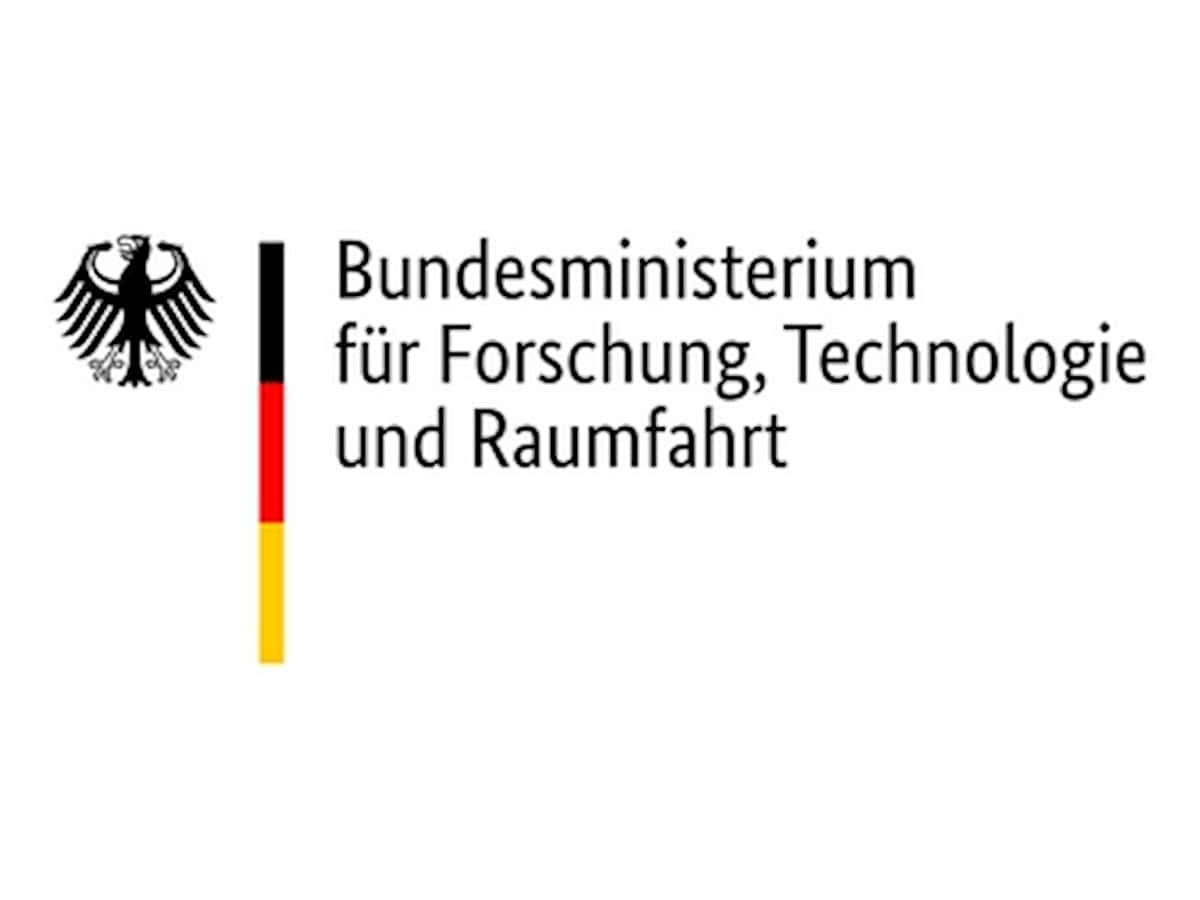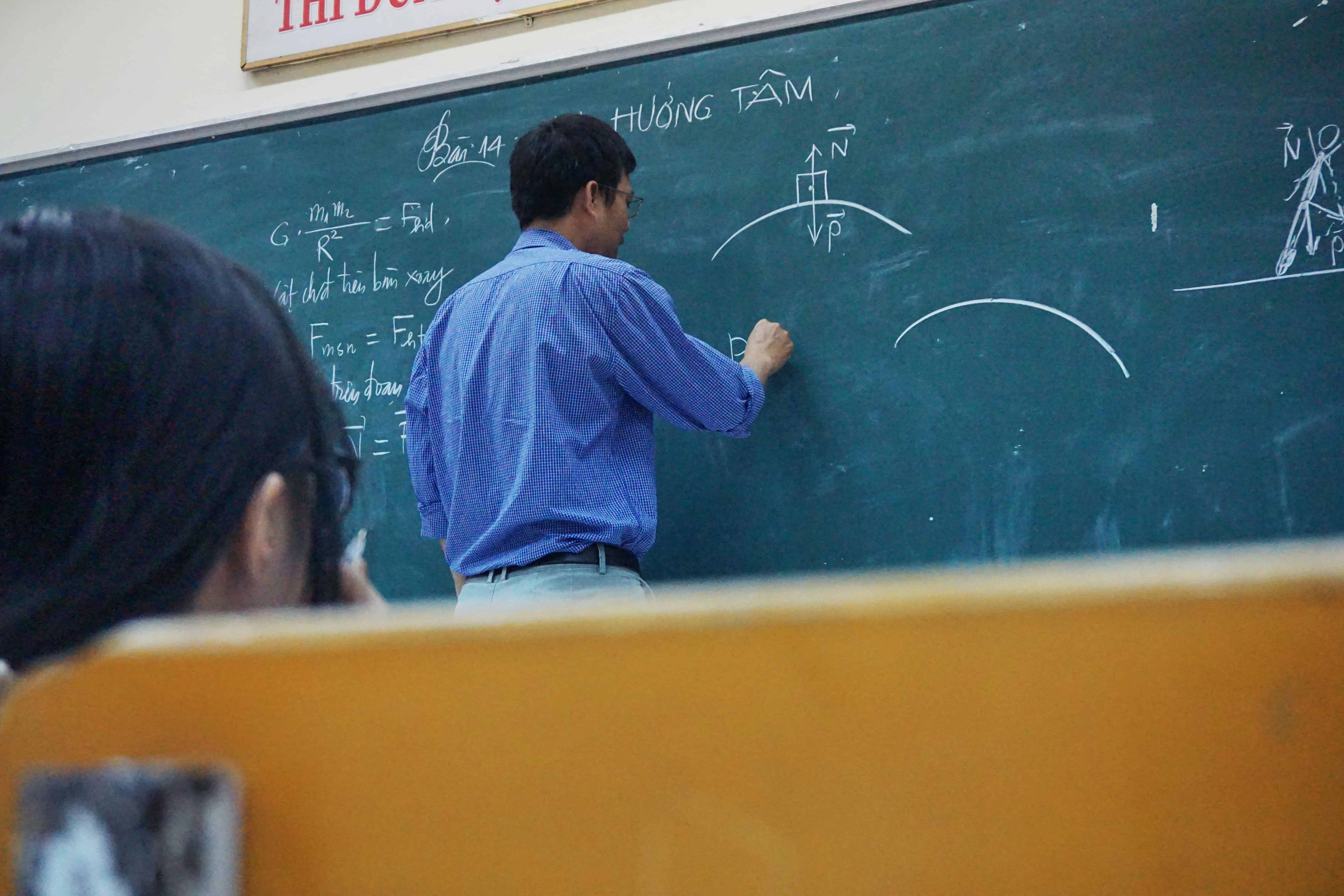
Federal Research Minister Dorothee Bär: “It is important and encouraging that the OECD study shows: Germany is a highly qualified STEM country. No other country in the world has a higher proportion of tertiary-level graduates with a degree in mathematics, computer science, natural sciences and technology. Germany is therefore the STEM world champion! This is Germany’s great locational advantage. This potential must be further leveraged – with the further development of the STEM action plan, with MissionMINT and through a major BAföG reform that expands the scope of funding and improves benefits. We will reform the Academic Fixed-Term Contract Act to ensure more reliable working conditions for academics. With the 1,000-Köpfe-Plus program, we are setting an example for academic freedom and further enhancing Germany’s attractiveness as a location. And we need a rapid and powerful implementation of the High-Tech Agenda Germany, which we adopted in the cabinet a few weeks ago. Our goal: Germany should once again become a world leader in key technologies. New technologies should become Germany’s trademark. Through more investment in future technologies, through better framework conditions, through incentives to move more quickly from research to application. The High-Tech Agenda Germany helps to create secure jobs, reduce dependencies and improve people’s everyday lives.”
Parliamentary State Secretary at the BMBFSFJ Mareike Wulf: “Germany is particularly well placed in an international comparison when it comes to vocational training and the employability of young people. However, the study also shows that we still have too many people with low qualifications and deficits in basic skills. The many young people without vocational qualifications are a risk, both for the economic performance of our country and for social cohesion. We will expand post-qualification pathways to a vocational qualification and make them better known – with the standardization and expansion of partial qualifications. We will continue to strengthen the transition from school to training and make vocational training as a whole future-proof. For example, with the planned continuation of the education chains initiative and the expansion of the vocational orientation program. A solid education remains the key to good prospects – both professionally and personally. Our goal is an education system in which the federal, state and local authorities work together so well that the system offers fair opportunities – from nursery to school to further education in adulthood. We must make a joint effort to create good prospects for all people in Germany as future skilled workers! That should be our common goal.”
President of the Conference of Science Ministers Bettina Martin: “The results of this year’s OECD study show that the efforts of the federal and state governments in recent years have paid off. However, alongside the light, there are also some shadows. For example, the proportion of young adults with a university or master’s degree (tertiary) has risen sharply from 33 to 40 percent. This is a good development, as we increasingly need highly qualified specialists in Germany – especially in the technical and scientific fields, where the proportion of those with a degree in these subjects is the highest internationally. German universities have also become increasingly attractive to foreign students over the past ten years. Their numbers have more than doubled. Together with the federal government, we states will continue to drive this positive development forward with the help of the KMK’s internationalization strategy. To ensure that Germany remains an attractive location for higher education in the future, massive investments must be made in infrastructure, among other things. I therefore very much welcome the fact that the federal government has announced a fast-track initiative for university construction. We need state-of-the-art infrastructure, from laboratories and lecture halls to refectories.”
Katharina Günther-Wünsch, Berlin Senator for Education, Youth and Family Affairs, representing the Conference of Education Ministers, commented: “The OECD study shows that Germany has strong pillars: Germany has strong pillars – our dual education system opens up prospects for young people, early childhood education is reaching more and more children and our universities are attracting international talent. At the same time, the report makes it clear where we need to take action: Strengthening equal opportunities, securing qualifications and resolutely tackling the shortage of teachers, especially in the STEM subjects. Too many young people are still leaving school without qualifications, and educational success is still too strongly influenced by background. This is why the federal states are making targeted investments in language support, all-day schooling and modern ways of recruiting teachers. At the same time, we are continuing to expand vocational education and training so that it can continue to provide a reliable bridge to employment and higher education in the future. Our goal is clear: a strong education system that promotes performance, ensures quality and produces the skilled workers that Germany needs for its future.”
Central results “Education at a Glance 2025”
The OECD report “Education at a Glance”, which is published annually, aims to provide a comparison of the education systems of 38 OECD countries as well as other accession countries and partner countries using quantitative indicators. This year’s report focuses on tertiary education.
Germany shows strong results in vocational education and employability of young people in an international comparison. 59% of 18 to 24-year-olds are in education or training, significantly higher than the OECD average of 53%. Only 10 percent are neither in education nor employment, significantly less than the OECD figure of 14 percent. At 2.7 percent, youth unemployment is also below the OECD average.
The high proportion of STEM degrees is particularly noteworthy: 35 percent of university graduates graduate in mathematics, computer science, natural sciences or technology – a top figure worldwide. At around 19,500 US dollars per student, Germany also invests more in higher education than the OECD average.
There have been positive developments over the last five years: The employment rate of 25- to 34-year-olds without a secondary degree rose from 59 to 61 percent, while the proportion with a bachelor’s degree rose from 21 to 23 percent. Further education measures are increasingly being used, particularly by adults with a medium level of education and high IT usage (54% compared to the OECD average of 49%). These trends show the effectiveness of education policy measures for lifelong learning.
Despite the progress, challenges remain: The inactivity rate among low-skilled adults remains high, and social inequalities in access to early childhood education persist.
Policy measures
The Standing Conference of the Ministers of Education and Cultural Affairs and the federal government are focusing on targeted programs such as “Schule macht stark” and the Startchancen program to support particularly disadvantaged schools. To combat the shortage of teachers, especially in STEM subjects, the federal states are promoting career changers, using extracurricular learning venues and strengthening digital education offerings.
In the higher education sector, the federal and state governments are working together to promote equal opportunities and quality. The “Female Professors Program” promotes equality and the proportion of women in top positions. In addition, measures such as the tenure-track program support a better balance between academic careers and family life. With the 1,000 Heads Plus program, we are further expanding the international attractiveness of Germany as a science location.
– – – – – –
Further links
👉 www.bmftr.bund.de
👉 Country note Germany
👉 To the study
Photo: unsplash




